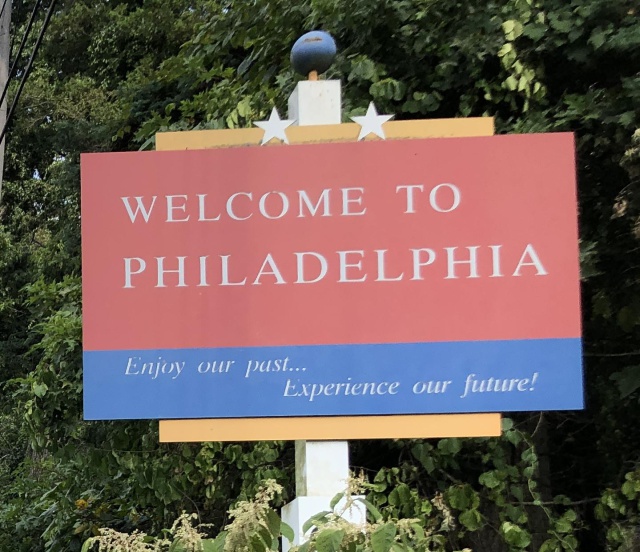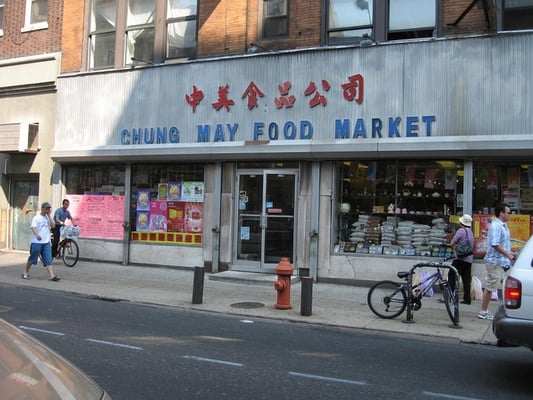Mark Dominus (陶敏修)
mjd@pobox.com

Archive:
| 2026: | J |
| 2025: | JFMAMJ |
| JASOND | |
| 2024: | JFMAMJ |
| JASOND | |
| 2023: | JFMAMJ |
| JASOND | |
| 2022: | JFMAMJ |
| JASOND | |
| 2021: | JFMAMJ |
| JASOND | |
| 2020: | JFMAMJ |
| JASOND | |
| 2019: | JFMAMJ |
| JASOND | |
| 2018: | JFMAMJ |
| JASOND | |
| 2017: | JFMAMJ |
| JASOND | |
| 2016: | JFMAMJ |
| JASOND | |
| 2015: | JFMAMJ |
| JASOND | |
| 2014: | JFMAMJ |
| JASOND | |
| 2013: | JFMAMJ |
| JASOND | |
| 2012: | JFMAMJ |
| JASOND | |
| 2011: | JFMAMJ |
| JASOND | |
| 2010: | JFMAMJ |
| JASOND | |
| 2009: | JFMAMJ |
| JASOND | |
| 2008: | JFMAMJ |
| JASOND | |
| 2007: | JFMAMJ |
| JASOND | |
| 2006: | JFMAMJ |
| JASOND | |
| 2005: | OND |
Subtopics:
| Mathematics | 245 |
| Programming | 100 |
| Language | 95 |
| Miscellaneous | 75 |
| Book | 50 |
| Tech | 49 |
| Etymology | 35 |
| Haskell | 33 |
| Oops | 30 |
| Unix | 27 |
| Cosmic Call | 25 |
| Math SE | 25 |
| Law | 22 |
| Physics | 21 |
| Perl | 17 |
| Biology | 16 |
| Brain | 15 |
| Calendar | 15 |
| Food | 15 |
Comments disabled
Fri, 24 Feb 2023
American things with foreign-language names
Last week I wrote an article about Korean street signs that “would use borrowed English words even when there was already a perfectly good word already in Korean”. And giving an example, I said:
Apparently this giant building does not have a Korean name.
(The giant building is named “트레이드타워” (teu-re-i-deu ta-wŏ, a hangeulization of the English “Trade Tower”.)
Jesse Chen objected to my claim that the Trade Tower does not have a Korean name, giving as analogous examples “Los Angeles” (Spanish loanwords) or “Connecticut” (Mohegan-Pequot). She suggested that I would not argue that Los Angeles has no English name.
I felt that these examples weren't apposite, because those places had already had those names, before the Anglophones showed up and continued using the names that already existed. The analogous situation would be if Americans had built a “Trade Tower” in Seoul, called it that for a while and then Koreans had taken it over and kept the name, even though the original English meaning wasn't apparent. But that's not what happened. Koreans built a whole new building in Seoul, and made up a whole new name for it, not a Korean name but an English one, which they then wrote in the not-quite suitable Korean script.
In the earlier article I had tried to think of an analogous example with Korea replaced by the U.S., and English replaced by some other language, and admitted:
all I could come up with was this little grocery store in Philadelphia's Chinatown…
This was a spectacularly funny failure on my part. Here's why.
In 1682, some English people came to North America and built a whole new city. They decided not to give their city an English name. Instead, they used borrowed Greek words even though there were perfectly good words already in English that meant the same thing.
And to this day, this giant city does not have an English name.

The city is named “Philadelphia”, a romanization of the Greek Φιλαδέλφεια. This is a compound of φίλος “beloved” and αδελφός “brother”. Philadelphia is often called the City of Brotherly Love, but its official name is in Greek, not English.
To those 17th-century English colonists, Greek must have seemed cool in a way similar to the way English seems cool to 21st-century Koreans. Someday maybe the Pirahã will build buildings and found cities and give them Korean names because Korean seems cool to them also.
I came so close to getting it!
“Welcome to Philadelphia” sign cropped from photograph by Famartin, CC BY-SA 4.0, via Wikimedia Commons
[Other articles in category /oops] permanent link




